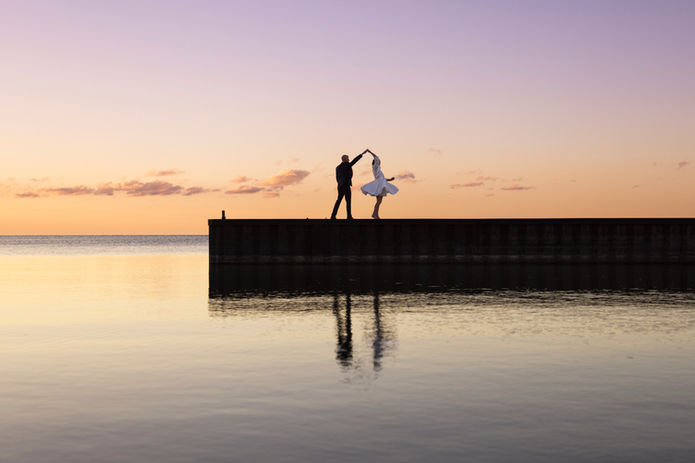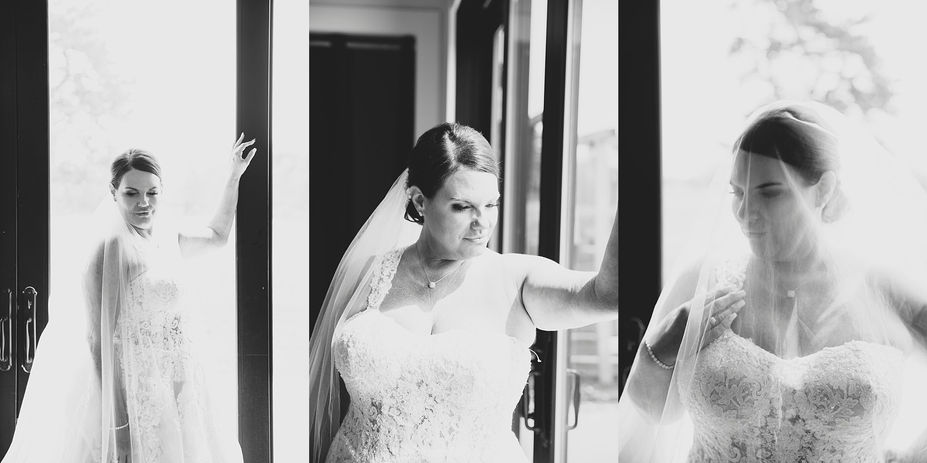Photography & Consent
- Sep 27, 2023
- 6 min read
I'll never forget the first time I got yelled at for asking for consent from a young child.
Disclaimer: this was YEARS ago and I never saw this family again.
The little girl, maybe 4 or 5 at the time, was a reluctant participant in our photoshoot, BUT mom was coaxing her along (while also handling 2 other siblings). During her individual portraits, her dress was flipped up on the bottom.
Me: "Hey, can I fix your dress for you?"
Child: **shakes head vigorously**
Me: "Can mom fix your dress for you?"
Child: **shakes head vigorously**
Me: "Okay, I am going to explain what you need to do."
Me: **Sets down camera and starts to instruct child how to fix dress.**
Dad: "Oh what the hell, just fix her dress for her, you don't need to ask permission from a 4-year-old."
This was the day that I decided photography consent in my shoots was so important.
Consent and Children
Children are watching us. Whether we are being silly, serious, or just walking around. The world is a marvelous place for them and they want to take it all in.
Teaching consent is valuable in helping children set boundaries.
Personally, I don't like being touched. Maybe we can blame years of bartending or the sexual assault I have experienced over the years, but it doesn't matter the cause; when strangers touch me it sends me through the roof.
My parents did an amazing job of raising me, so this is by no means a statement against them,
But how many times do we dismiss children when they are telling us they don't like something?
How many times, before I understood the value of consent, did I just touch a child to fix their hair or adjust their clothes?
These weren't touches intended to be bad or done with any other motive than practicality during the shoot.
But me, a perfect stranger to this child, touched them without asking.
From a societal perspective, children are told to trust adults. From a developmental perspective, their prefrontal cortex isn't fully formed until their 20s. This space in the brain helps people make logical choices and control basal emotional reactions.
Basically, young children do not inherently know how to explain to us that they don't want to be touched.
Now, babies do not have the ability to communicate consent. But their parents do.
Toddlers who can nod or shake their head can determine consent. They can even answer your questions through body language and behaviors.
School-age children can easily give consent - they know their preferences.
As a photographer, I see it as part of my job to respect a child's autonomy while also modeling respectful consent questions.
I ask reluctant children if I can take a picture of them and show them so they can see how cool they look.
I ask confident children if I can fix their hair so it looks super awesome in the picture.
Most importantly, if a child says "no" I give them the space they request.
Does it frustrate the parents? Sometimes.
Do I care? No.
Children and Implied Consent: Storyboarding
Parents are always giving implied consent when they bring their children to photoshoots. That is okay. We all know that these pictures are safe and are not going to hurt the child.
It is okay for parents to give that implied consent and expect their children to participate in pictures. It is also totally okay for the parents to set a standard of behaviors for their children when interacting with adults or other people in public settings. It is okay for parents to adhere to their personal expectations of their children.
I always default to parents.
However (c'mon, you knew there was going to be a however) - when that child is screaming and terrified, we are going to have to stop this shoot. I will put my camera away and sit at a distance, maybe hanging out with willing children and parents.
If that child calms down, we proceed. Sometimes we start without them, then we add them in when they have time to emotionally regulate and are willing.
Sometimes them not wanting to is a total overstimulation meltdown, or they are just done for the day.
Sometimes the parents are making pictures stressful, and the kid picks up on that.
So many reasons for emotional disregulation. And it is OKAY. If we need to reschedule, we can. I am not going to be mad or make you pay a fee. I want your children to feel safe and know that photoshoots can be fun.
What can you do, as a parent or legal guardian, to help your child prepare?
Storyboarding (or some watered-down version of it).
This is something I used so often when I was an Exceptional Education teacher - a nice little tool to keep in your belt as a parent. My son also had struggles with sensory issues and changes in patterns or new experiences, so it was used often in my house.
Most kids do not need a visual storyboard, but some might.
Storyboarding is easy, really. You just paint a picture of how the event is going to go.
For example (obviously this can be adjusted depending on your kid and how much coaxing you think they will need):
1 month before: "Ooooh, I am so excited. My friend Miss Marie is going to take pictures of our family for us to look at and hang up in our house. I cannot wait to see her and hang out. She is always so fun. What do you think about taking pictures? Do you like quiet, snuggly pictures or laughing, fun pictures."
2 weeks before: "Look at these pretty outfits I picked out for our pictures. You are going to look so smart and happy in them."
1 week before: "I need help practicing my smile for pictures. Can I smile for you and then can you show me how you think I should smile?" ***I like to make funny faces and have the kids show me how to smile
5 days before: "OOoh! we have 5 days before our fun photoshoot. How are you feeling about having your picture taken?"
3 days before: ***show them a picture of your photographer, or a video if they have it, so the kids can see who they will be meeting***
2 days before: "Let's try on our photoshoot outfits! I wonder what fun stuff Miss Marie is going to have us do. What kind of pose do you want to try?"
Day of: "It is finally here. Miss Marie is going to meet us at the park and we are going to take pictures with her in our fun outfits. If you are feeling shy or worried that is okay. You can tell Miss Marie, or I can. I am so excited to have pictures of you to look at and make me smile. After the shoot we can walk around the park."
By setting this up in their heads, they have time to prepare. Some kids need less encouragement (I am a middle child and only girl so you could have put me anywhere and I wouldn't have cared). Some kids need more. The goal is that by giving them an idea of what a photoshoot is like or what to expect, they aren't going to be overwhelmed by the actual process.
Modeling Consent
As mentioned before, kids are always watching.
What a powerful thing, to have an adult ask their consent (or feelings, or opinion), and have that adult listen AND respect them.
Some may disagree, but I always said as a mom, that my son had 100 parents. My friends, my family, my colleagues, even random strangers we encountered at a store. Every adult we met along the way influenced who my child is today.
What I do as a photographer in front of kids matters.
I hope that when that little girl whose dad didn't care about her consent gets older and some person tries to tell her what to do, that maybe, somewhere, in the back of her head there is a little memory of someone letting her have autonomy and she sets the boundary SHE wants.
Show children how you expect to be treated by treating them the same.
Consent and Parents/Adults
This is an easy thing to write.
Just like your children, I am going to request permission before I touch you in any way.
With adults, I typically take consent for one action, e.g. adjusting hair on the shoulder, as implied consent for the same action throughout the shoot.
Moving hair is very different than touching their face to remove dirt or brushing off their back if they have grass on it.
Use your best judgement.
If I ask to tuck in someone's hanger strap (you know those little things on dresses for keeping them on the hanger) and they respond with "Oh yes, do whatever you need," that does not give me implied consent to help them adjust their breasts in their wedding dress, BUT I am going to be a little more liberal with moving hair or adjusting the layers of their dress. You get the picture?
Personal Thoughts
This is such a controversial topic for some people, and I am hesitant to write and publish this.
I know some people would be like "oH, so iF tHerE is a FirE yOu'lL asK conSenT beFoRe sAvinG soMeOnE?"
Sit down. You're missing the point.
In calm, controlled, and safe situations, using consent is important.
As photographers, we need to find consent with our clients. From adjusting outfits to moving errant hair in the wind, consent takes two seconds and is easy to do.
I'll continue my consent warrior path for as long as I am a photographer and I hope that if you aren't currently practicing it, you start to integrate it into your shoots.




























Love the sentiments & my heart breaks for that little girl (high fives for respecting her boundaries)! With that said, I also feel that consent should extend to them being posted on the internet.. Especially by people that aren't their parents 🤍